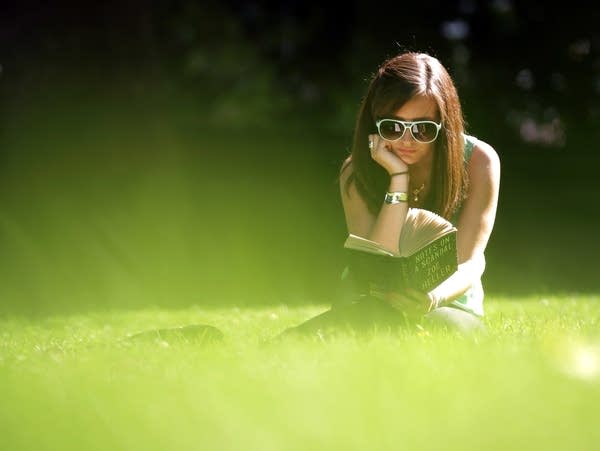Can reading boost your empathy? Depends on what you read, study says

Reading can make you more empathetic, studies say -- but it matters what you're reading.
Peter Macdiarmid | Getty Images 2011
Go Deeper.
Create an account or log in to save stories.
Like this?
Thanks for liking this story! We have added it to a list of your favorite stories.


